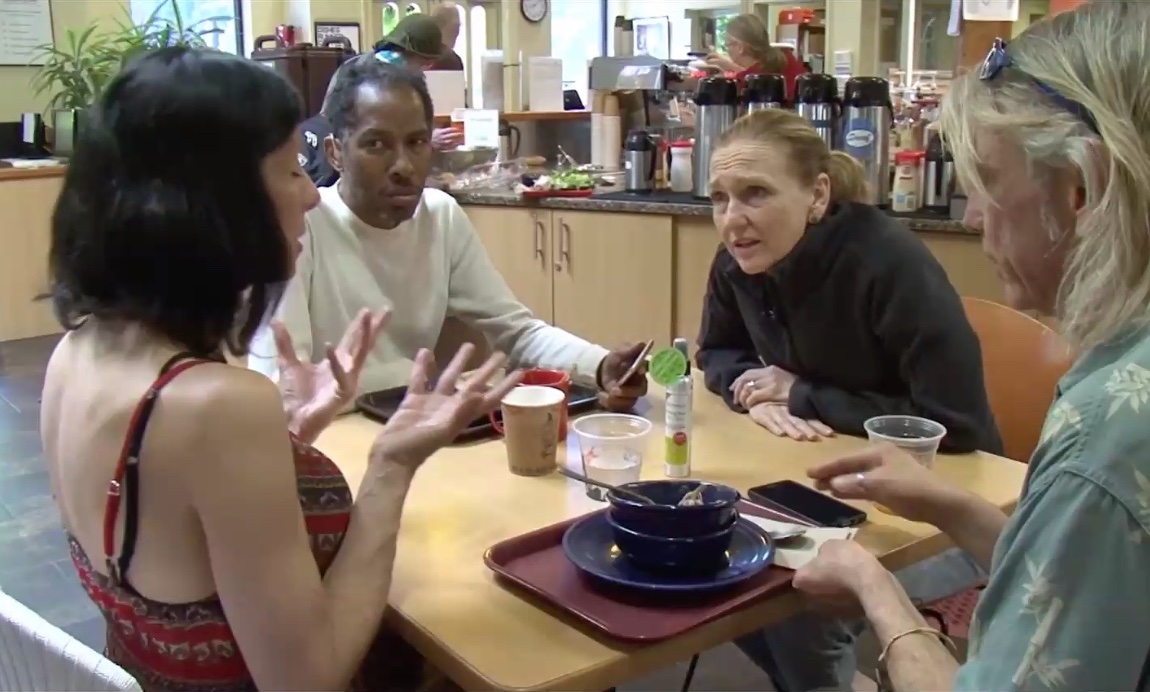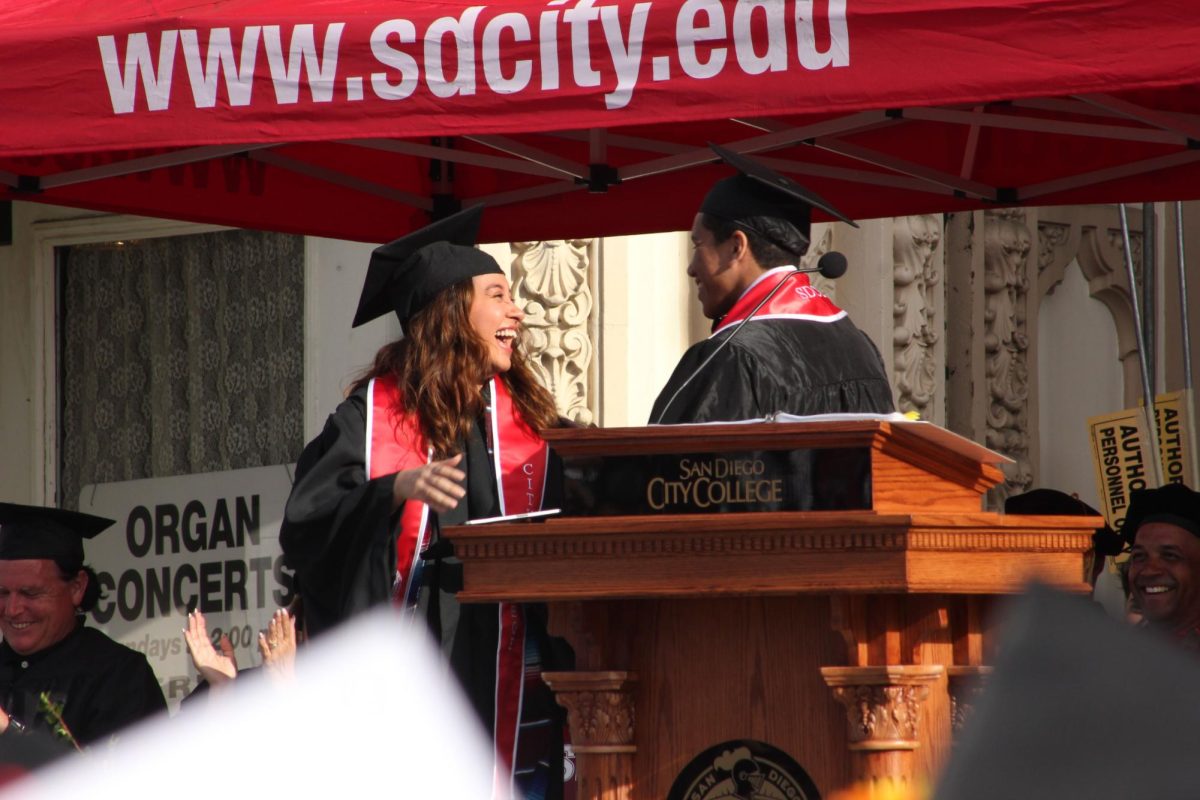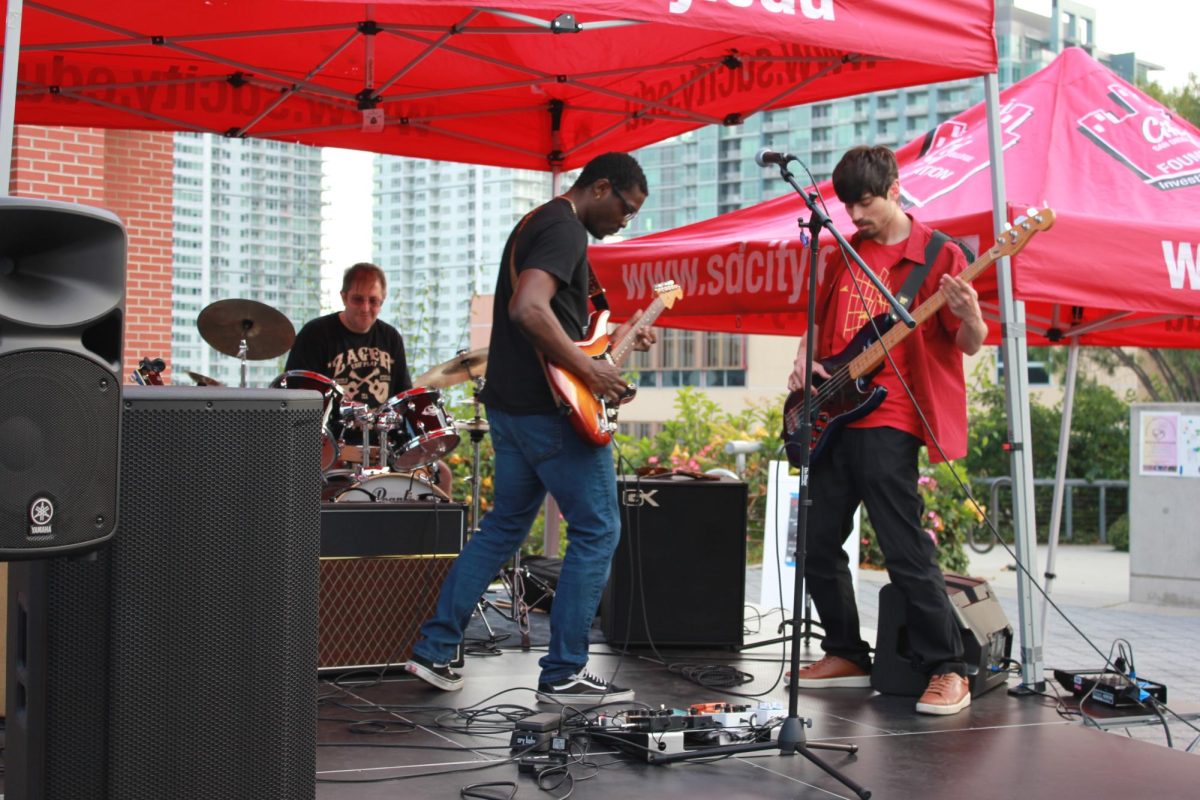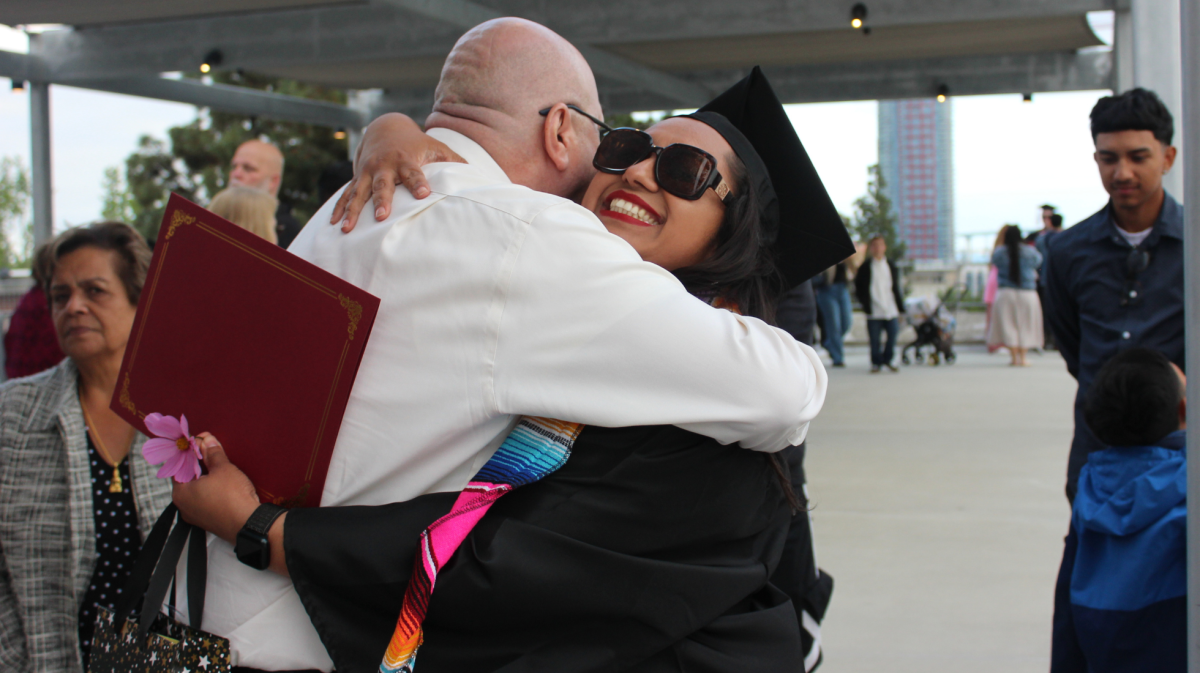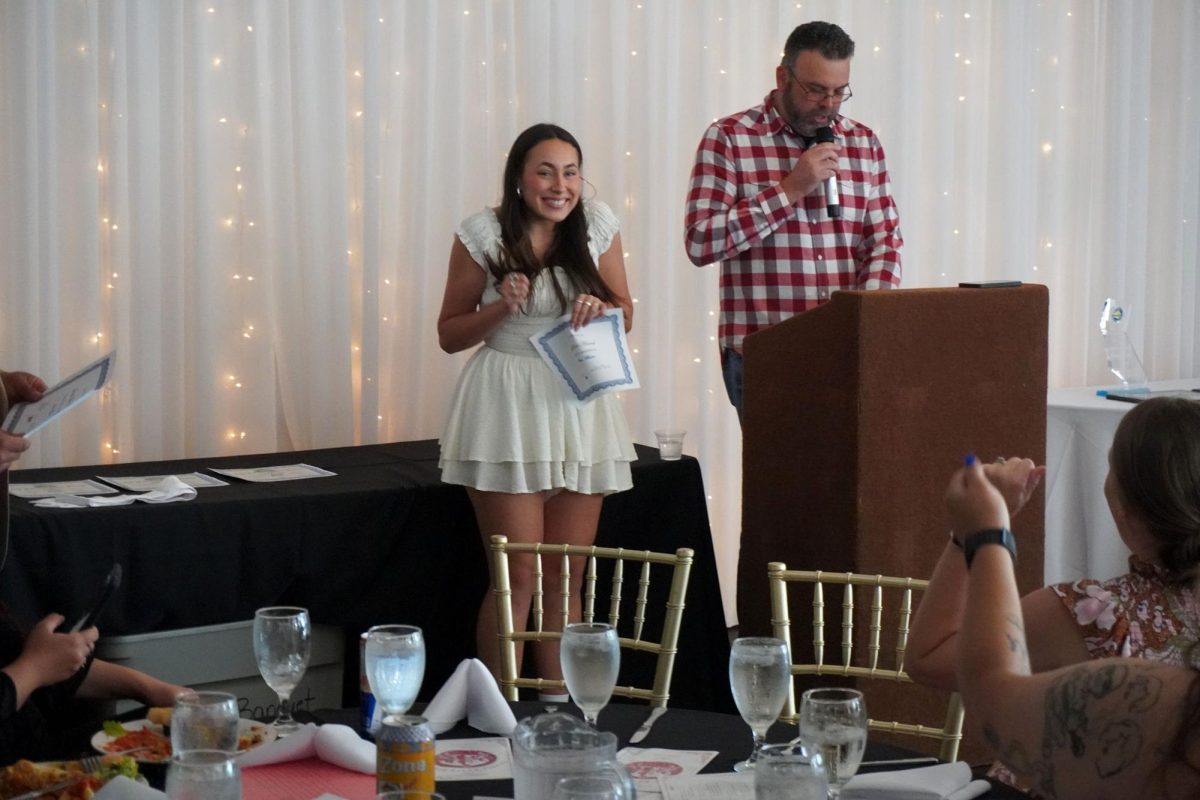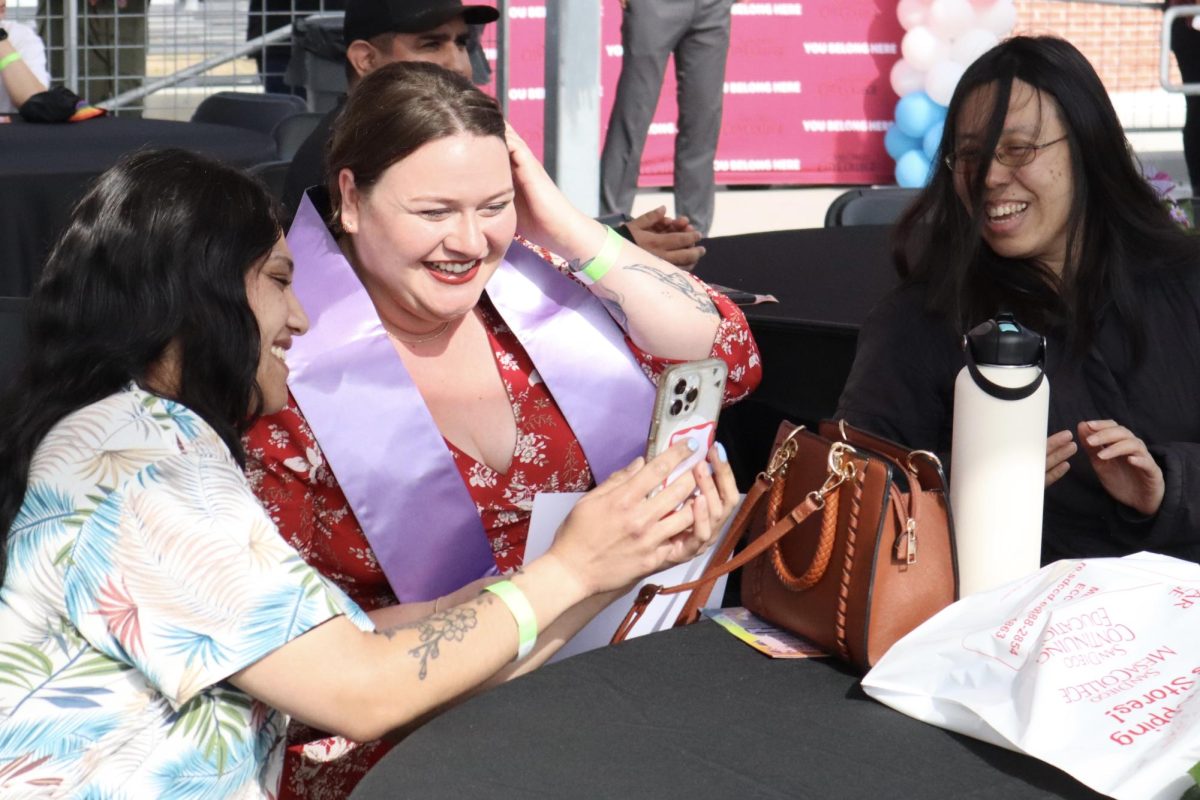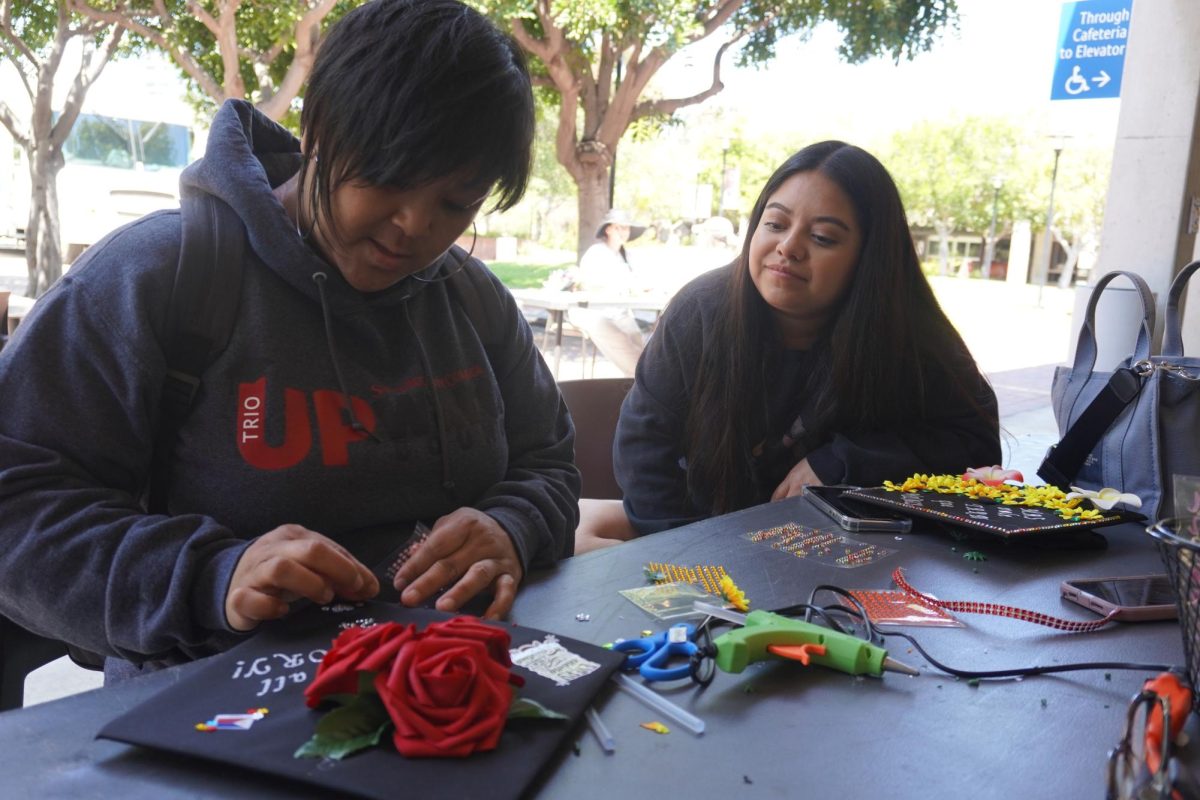Filmmaker Paul Steinbroner joined City College students for a Zoom screening of his film Welcome to the Recovery Cafe on Nov. 16.
The film centers on Recovery Cafe, a community space meant to alleviate isolation for those recovering from addiction.
Run by its members, the cafe provides warm meals, meetings and a place to just see people.
“It feels good to eat a meal with somebody else as opposed to in your room in the dark.” Steinbroner said.
For Steinbroner the project has been six years in the making, on and off. He spoke of the importance of building connections with members of the cafe and listening to others to build trust.
Among the attendees were students in the Alcohol and Other Drug Studies (AODS) program, Mark Espar the World Cultures coordinator at City College and Edward Reading, a professor at Ocean County Community College in New Jersey who teaches addiction counseling.
Reading says he shows films like Steinbroner’s to his students to teach about cultural issues in addiction counseling and to build cultural sensitivity around addiction recovery.
He referenced Stand Down and Journeys on the Red Road, two other films by Steinbroner which document recovery journeys for veterans and Native Americans in the Salish tribes of the Pacific Northwest, respectively.
In a Q&A after the screening, Reading spoke of the unique potential community colleges have to build community around addiction recovery.
“Anything that can be done to increase the awareness of recovery activities on campus is a big help,” said Reading.
Dan Teixeira is a City College student in the Alcohol and Other Drug Studies program who attended the Zoom event.
In the Q&A portion following the film, Teixeira emphasized the importance of getting people out of isolation and into community when it comes to recovery.
“Just a safe place where people can go and talk and not feel judged and not feel like they have to sign up for something… I think it’s a wonderful idea,” Teixeira said, who is in his last course in the program.
Started in Seattle in 2003, Recovery Cafes have since expanded to over 60 locations across the country.
Though Steinbroner hopes less addictions will be seen in the future, he doesn’t see the need for the Recovery Cafe going away anytime soon.
“There should be as many recovery cafes as there are Starbucks,” Steinbroner said.

